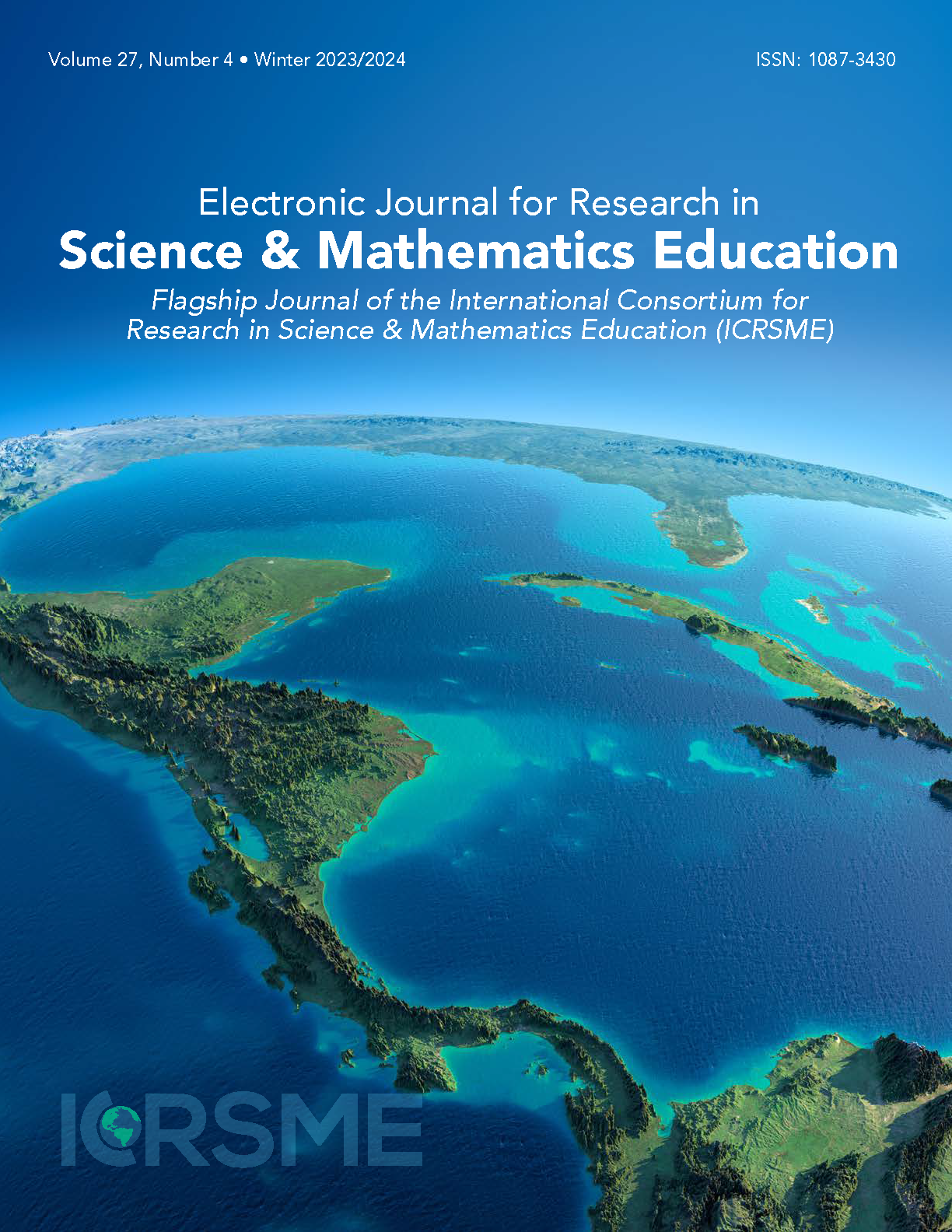Secondary School Students’ Experiences in Online Physics Learning During the COVID-19 Pandemic A Phenomenological Examination from Trinidad & Tobago
Main Article Content
Abstract
The world lived through a pandemic over the 2020-2022 period, which forced drastic changes in every sector and every aspect of our lives. One such change in the education sector was the immediate shift to online learning as educational institutions across the world responded to the pandemic. Educational institutions in Trinidad & Tobago, like everywhere else shifted from face-to-face to online instruction in all courses and programmes, including physics. While the conduct of physics lessons through virtual classrooms may have several advantages, it is not without disadvantages. The latter resulted in challenges, especially for students, and it is important for us to understand how students experienced and managed their learning in the fully online environment. The aim of this phenomenological study is to capture and describe the experiences of students in online physics learning in a virtual classroom – specifically their experiences in, preparing for online physics learning, managing learning in the virtual physics classroom and benefiting from opportunities in online physics learning. Three major themes emerged from this study – students’ readiness for online learning, students’ challenges during online learning and the role of follow through facilitation after online lessons. Despite their preparations, students encountered challenges such as network connectivity, reliability of supporting systems and distractions in their learning environment at home, but they were optimistic, that the reality presented them with opportunities to improve their technological competencies and to maximize their online learning experiences as they engaged in the learning of physics concepts in a non-traditional way.
Article Details
© 2025 Electronic Journal for Research in Science & Mathematics Education (EJRSME)
